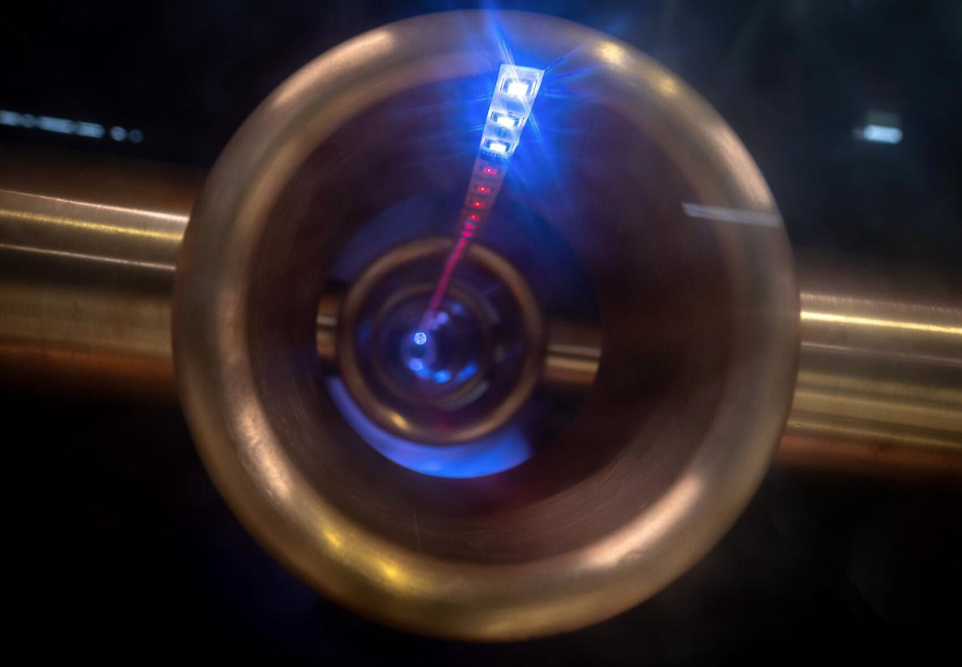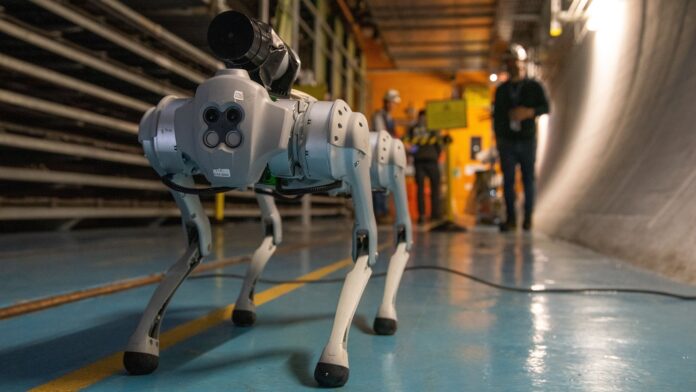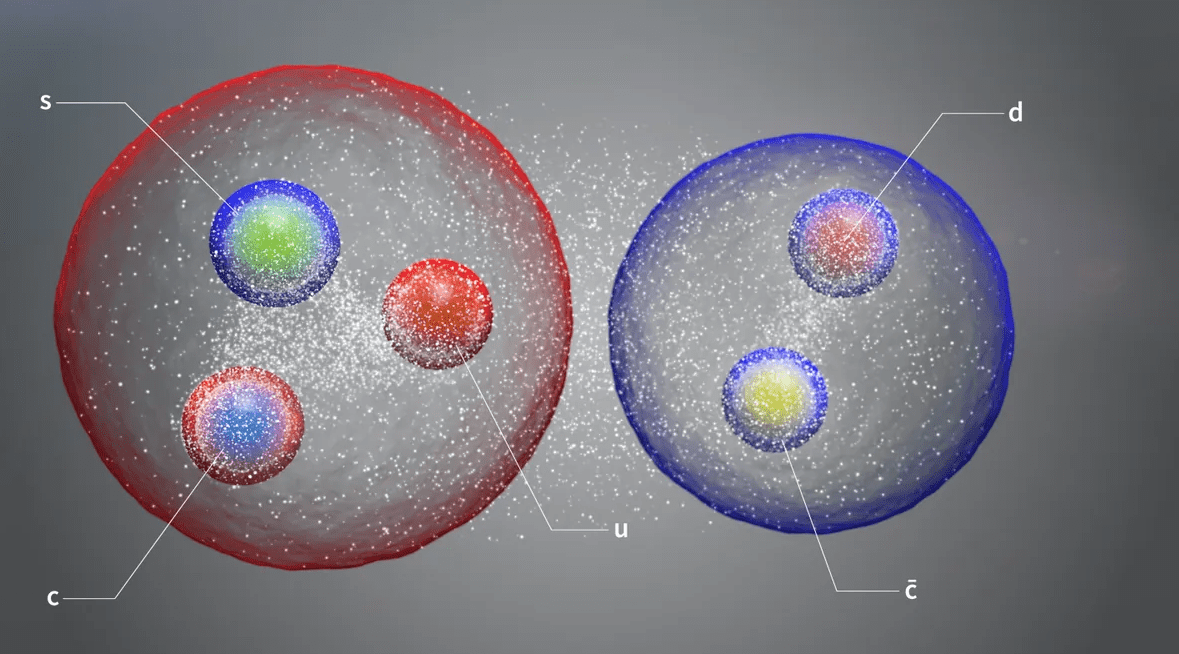Scientists from the European Center for Nuclear Research (CERN) aim to gain new insights into the unknown 95 percent of the universe with a “new giant particle accelerator” called the “Future Circular Collider (FCC)” to be built in Switzerland.
Nuclear physicists have proposed building the world’s largest “supercollider” at CERN in a bid to discover new particles that could provide a more comprehensive insight into how the universe works, the BBC reports.
It was noted that the “Future Circular Collider (FCC)”, whose construction cost will reach £17 billion if the proposal is accepted, will be 3 times larger and much more advanced than the Large Hadron Collider (LHC) at CERN.
Describing the new collider as a “beautiful machine”, CERN Director General Fabiola Gianotti said: “This is a tool that will allow humanity to take enormous steps forward in answering fundamental physics questions about what we know about the universe. To do this, we need a more powerful instrument to answer these questions.”
Emphasizing that a larger FCC is needed for the discoveries of the force called “dark energy”, which acts opposite to gravity and separates large celestial objects such as galaxies in the universe, and “dark matter”, which cannot be detected but whose presence is felt thanks to gravity, Gianotti said that the discovery of these dark particles will lead to a more comprehensive new theory of how the universe works.
The first section of the 91-kilometer-long FCC will be operational in 2040
The FCC will be built in 2 phases, the first phase will be commissioned in the mid-2040s and will collide electrons.
The second phase, starting in the 2070s, will require advanced magnets, more powerful than existing ones, which have yet to be invented, and will use heavier protons instead of electrons to search for new particles.
The FCC will be 91 kilometers long, about 3 times the length of the current collider, but will be built at a depth of 200 meters. The reason why it will be built deeper than the LHC is to prevent the strong radiation generated by the high energy from reaching the surface.
Scientists hope that the use of higher energy will produce a large number of Higgs particles that can be studied in more detail.
95 percent of the universe is not yet known
According to scientists, the LHC, which was commissioned in 2008 at a cost of £3.75 billion, cannot yet detect information about particles thought to make up 95 percent of the universe.
There is also disagreement among scientists that the project is too costly, that it is not certain whether the FCC will be able to find the particles it is intended to discover, and that the same discoveries could be made with a lower-cost flat collider instead of a circular one.
“Higgs Boson” discovered by the Large Hadron Collider
Already the largest collider, the LHC is a 27-kilometer-long circular underground tunnel on the Swiss-French border, close to Geneva.
During experiments at the Large Hadron Collider, the subatomic particle “Higgs Boson” was discovered in March 2013, which is considered to be “one of the biggest secrets about the formation of the universe”.
In the October 2018 experiment, two new baryons were discovered and a clue to another particle was obtained.



